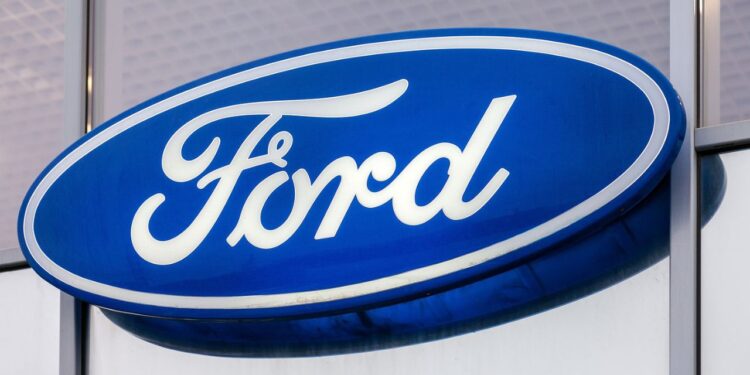“We have too many people,” said Jim Farley, CEO of vehicle manufacturer Ford at last February’s Wolfe Research auto conference.
Now, Ford has plans to cut upwards of 8,000 jobs in the next few weeks in an effort to boost profits and bolster its electric vehicle endeavors.
Layoffs are expected to occur within the Ford Blue unit, which produces internal combustion engine vehicles, as well as other salaried positions.
The layoff strategy has become increasingly common across all industries as the global economy tries to ready itself for a recession. However, Ford’s move begs a larger question: does the pivot to electric vehicles automatically mean less jobs?
If the future of the car manufacturing industry is electric, will factory workers be replaced by automation, or will there be a need for a new set of skills?
Farley previously set a goal to cut Ford’s costs by $3 billion by 2026, particularly as it ramps up its electric vehicle offerings.
While details are still emerging as to when the job cuts will occur, people familiar with the matter believe they could start this summer mostly in the U.S.
Ford has yet to comment on the potential layoffs, but confirmed it is restructuring its organization to support its electric vehicle expansion and increase its profits.















